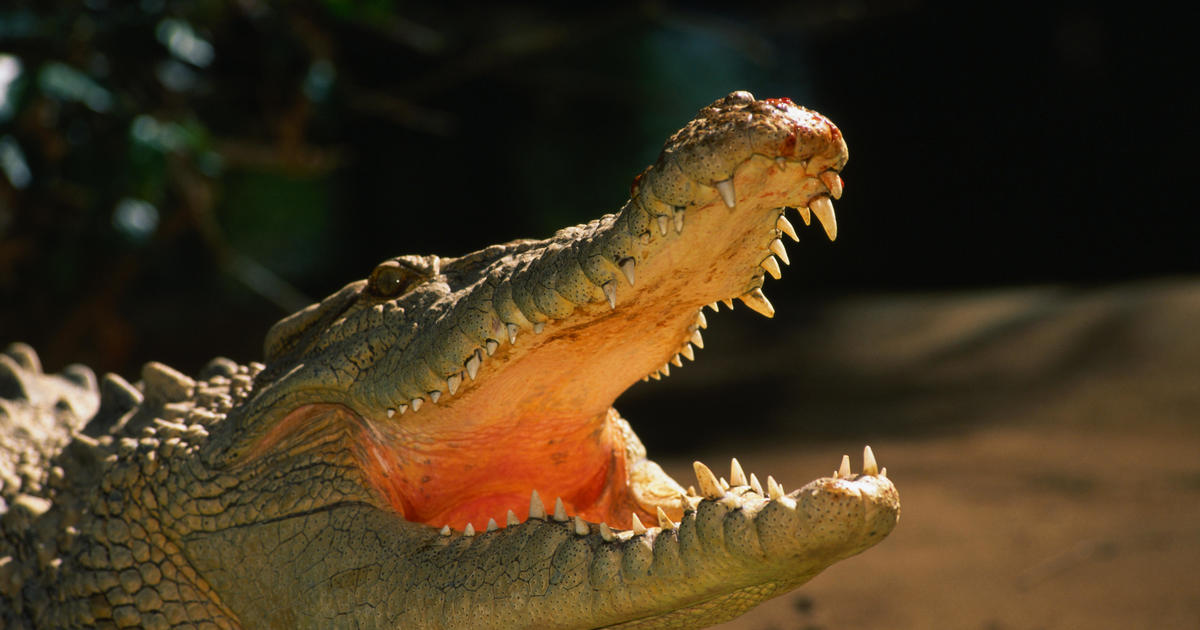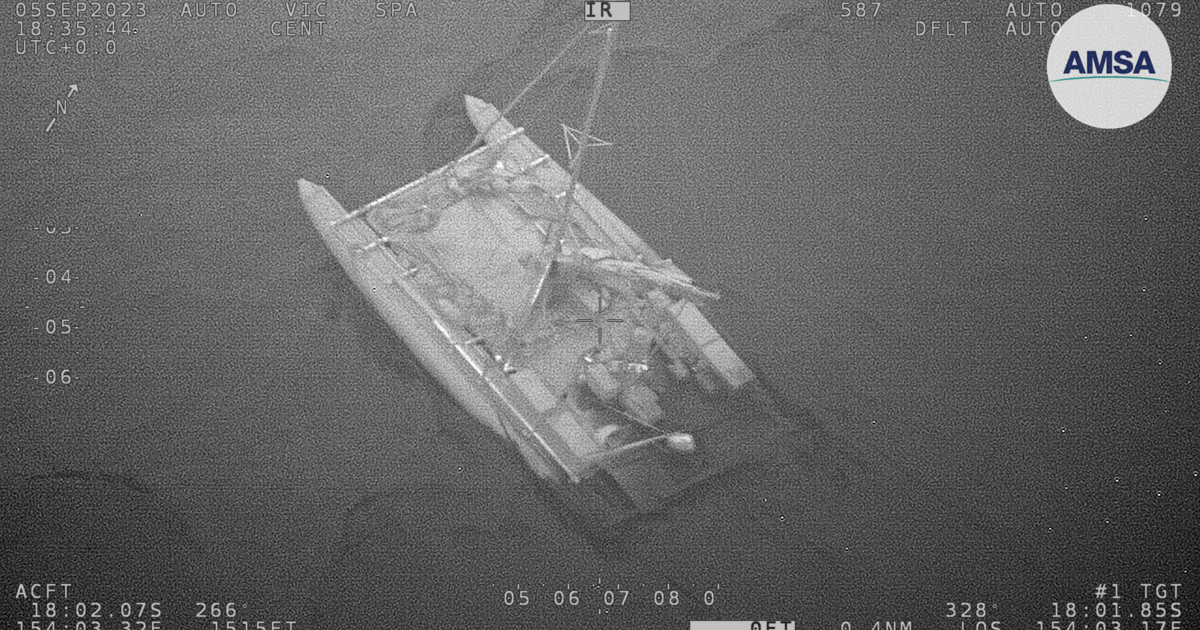[ad_1]
A man snorkeling off the coast of North Queensland, Australia, was attacked by a crocodile – and survived by prying its jaws off his head.
In a statement released by the Queensland Government’s hospital service, Marcus McGowan revealed that the attack happened on Saturday. He said he was snorkeling with his wife and friends about 25 miles off the Cape York coast and looking at coral and fish, when all of a sudden: “I was attacked from behind by a saltwater crocodile which got its jaws around my head.”
“I thought it was a shark but when I reached up I realized it was a crocodile,” he said. “I was able to lever its jaws open just far enough to get my head out.”
The crocodile, he said, tried to go after him again. He said he couldn’t tell just how large the crocodile was because the incident happened so fast, but he thinks it was likely a juvenile between 6 and 10 feet long.
“I managed to push it away with my right hand, which was then bitten by the croc,” he said.
At that point, he was able to swim back to the boat, which immediately took him to Haggerstone Island, about 45 minutes away. During that trip, one of his friends, a firefighter, provided him with a bandage and gave him antibiotic shots to prevent infection from the bite.
Once on the island, he was taken by helicopter to the hospital.
“I live on the Gold Coast and am a keen surfer and diver, and understand that when you enter the marine environment, you are entering territory that belongs to potentially dangerous animals, such as sharks and crocodiles,” he said. “I was simply in the wrong place, at the wrong time.”
Since 1985, there have been at least 44 occasions of crocodile attacks on humans, according to the Queensland Department of Environment and Science, including a non-fatal attack that occurred in February of this year off the Cape York Peninsula.
The department said over the weekend that wildlife officials are conducting an investigation into the incident. Haggerstone Island, the department said, is known as “Croc country.”
“Crocodiles in the open ocean can be difficult to locate as the animals often travel tens of kilometres per day,” the department said.
[ad_2]




